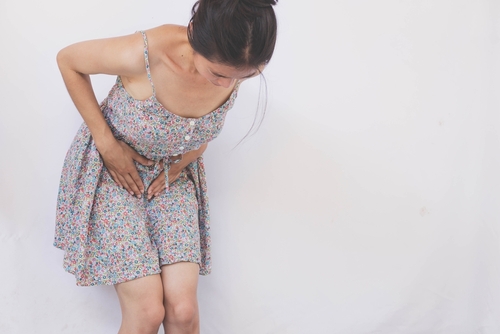
Information for Parents
A urinary tract infection is caused by germs (bacteria) that get into the urine. Most urine infections are due to bacteria that normally live in the bowel. Some bacteria lie around the back passage (anus) after a stool (faeces) has been passed. These bacteria can sometimes travel to the urethra (the tube that passes urine from the bladder) and into the bladder.
The infection is commonly just in the bladder but may travel higher up to affect one or both kidneys.
What are the symptoms of a urinary tract infection?
Young children, toddlers and babies can have various symptoms which may include one or more of:
Older children may have pain when they pass urine, and pass urine frequently.
If a kidney becomes infected your child may also have shivers and complain of tummy (abdominal) pain, back pain, or a pain in a side of the abdomen.
What do I need to know?
A sample of urine is needed to confirm the diagnosis, where bacteria can be detected.
A course of antibiotics will usually clear the infection within a few days. Sometimes, for young babies or for severe infections, antibiotics are given directly into a vein through a drip.
Give lots to drink to prevent a lack of fluid in the body (dehydration) and paracetamol to ease any pains and high temperature (fever).
Once a urine infection is diagnosed and treated, the infection usually clears and the child recovers fully. In many cases, a urine infection is a one-off event. However, some children have more than one urine infection and some develop several throughout their childhood.
Sometimes tests to check on the kidneys and/or bladder are advised after the infection has cleared. This depends on your child’s age, the severity of the infection and whether it has happened before.
To help to prevent a further infection in the future:
When to be concerned
You should return to The Children’s Urgent Care Centre (0800-2000 Monday-Sunday) or Accident and Emergency (out of hours) if your child has any of the following symptoms:
Further Information
If you need any more information or advice between the hours of 0800-2000 Monday-Sunday please call The Children’s Urgent Care Centre on 02073906150.
Out of hours please contact NHS 111.
Call NHS 111 if you need medical help fast, but its not life threatening- for example, if you:
In case of emergency please call 999 or attend your local Children’s Emergency Department.